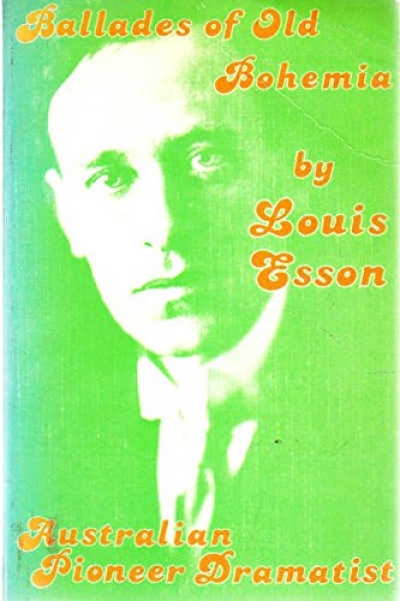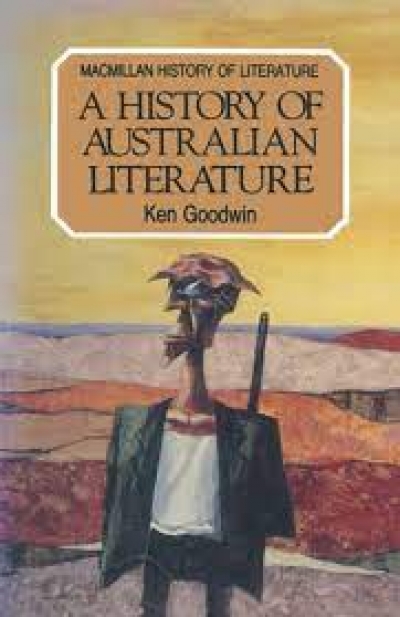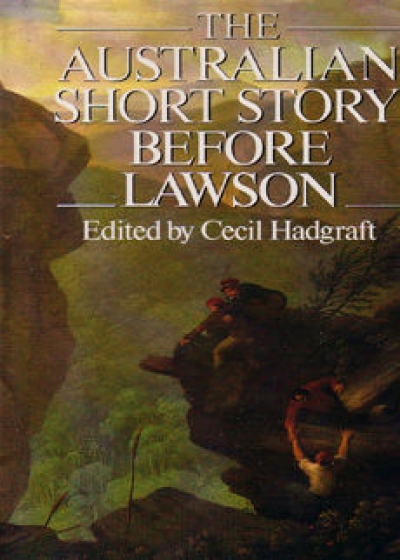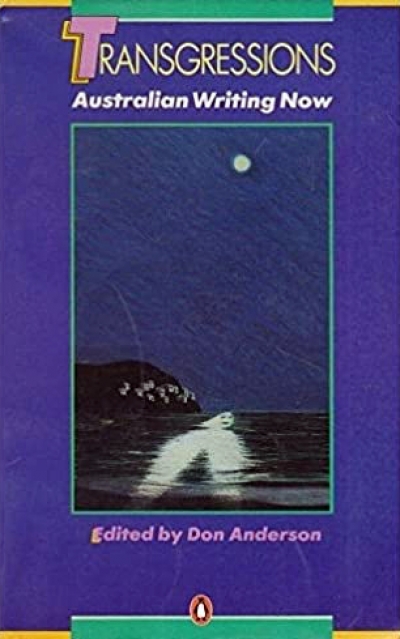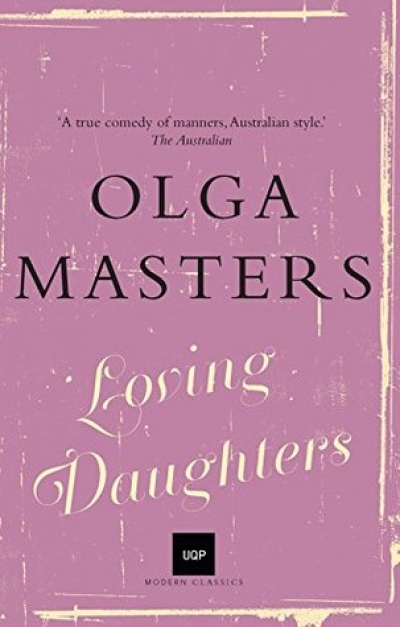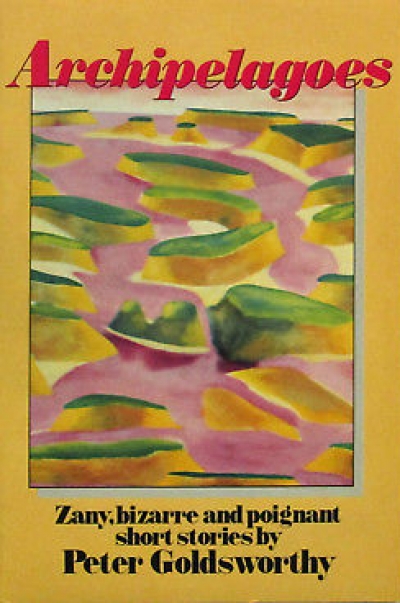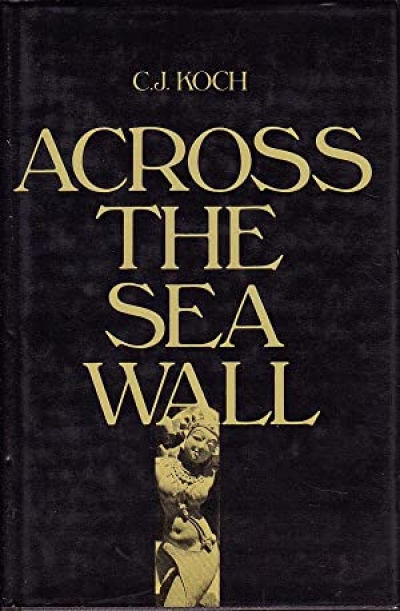Mary Lord
The judges for this prestigious award are Bernard Smith, Mary Lord, Graham Rowlands and Rick Hosking. Some proven stayers, good mud gallopers, smart on top of the ground, they are judges amply qualified to assess a varied field.
We offer a form guide provided by well-known Sydney racing identity, Don Scott.
... (read more)Ballades of Old Bohemia: An anthology of Louis Esson edited by Hugh Anderson
'China Men' by Maxine Hong Kingston, 'Mutuwhenua: The moon sleeps' by Patricia Grace, 'Fortress' by Gabrielle Lord, and 'Female Friends' by Fay Weldon
I’m well overdue with this article, and I suspect John McLaren is never going to speak to me again. Trouble is, I’m on a frenetic reading jag and its mainly McLaren’s fault.
... (read more)Somewhere between seventy and eighty enthusiasts attended a conference at the University of Wollongong on 10–12 July to celebrate the work of Olga Masters, the award-winning novelist and short story writer who died in 1986. It was not the usual academic conference by anyone’s standards although, as might be expected, some academic papers were given. Interesting and provocative as these were, they were greatly overshadowed by the readings from Masters’s works by two of Olga’s daughters, Sue and Debra, a rehearsed play-reading by Wollongong’s professional theatre company, Theatre South, of Poor Man’s Castle published by Currency, and lively reminiscences of their mother by two of Olga’s sons, Roy and Chris.
... (read more)
